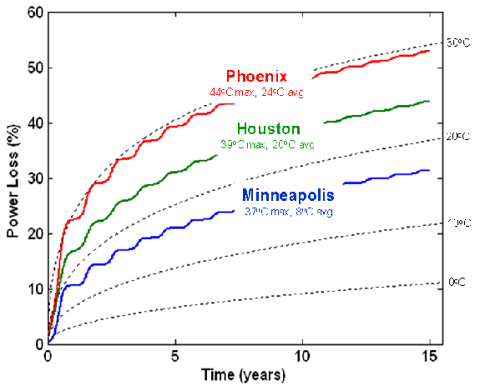I find it hard to believe that all the "100 mile" vehicles can really all have the same range, given they have radically different battery sizes (from 16kWh for iMiev to 33-35 kWh for Coda and Mini-e). I appreciate there will be differences in drivetrain efficiency an aerodynamics, but a halving of Wh/mile from worst to best seems unlikely.
My conclusion is that Coda will deliver 100 miles in real driving by "not careful" (I.e. Non hypermiler) drivers; Leaf 70 miles; and iMiev about 50 miles.
When new EV drivers start to experience the reality they will feel conned by some of the companies, and will exact their retribution on all EVs.
To me, this is the biggest issue, and one that most customers will be unaware of at the outset. The answer is we need some independent real-world range testing in a "group test" by several different consumer and automobile magazines. AND we need governments to pull their fingers out and finalise their EV range testing regimes, and then absolutely insist that in their territory only that official number can be quoted - no use of Japanese 10-15 results in Europe or US. No quoting EPA results in Europe. Otherwise the vendors will keep doing what they are doing which is cherry picking the best results.



